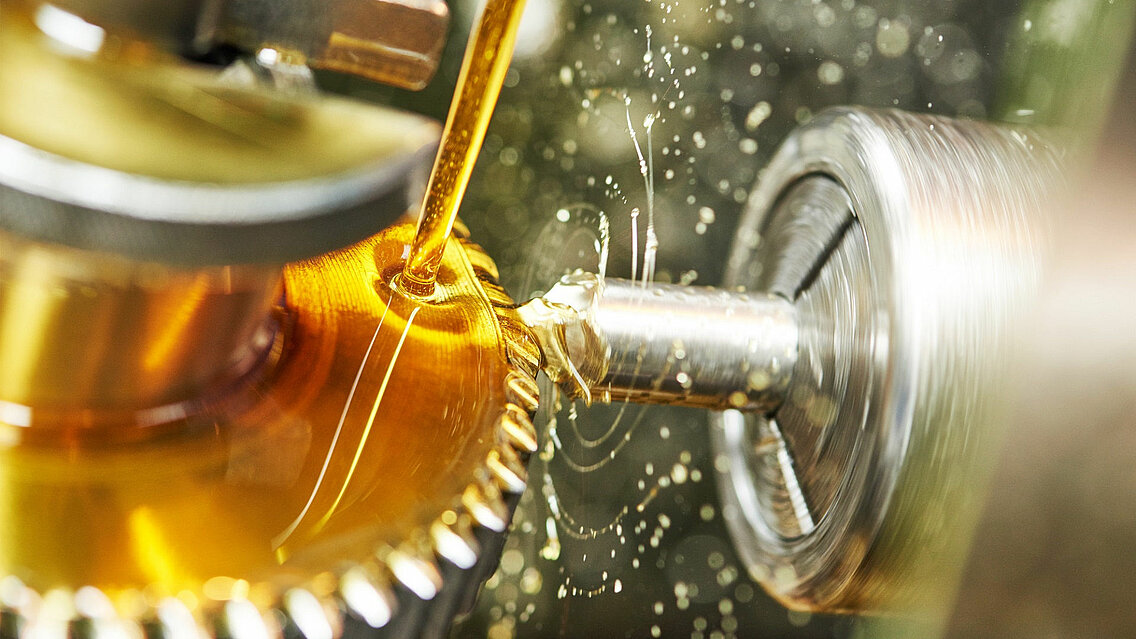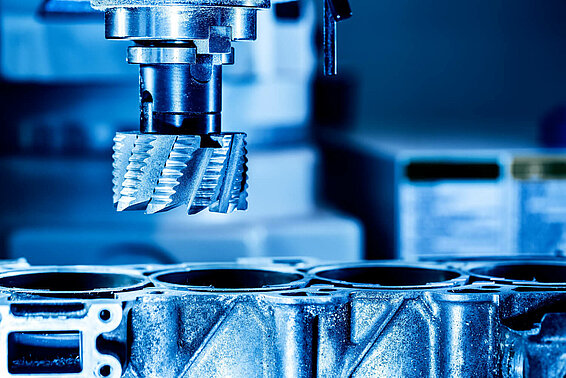There is more to lubrication than meets the eye
Lubricants are true all-rounders. They reduce friction and dampen vibrations, prevent corrosion, have a cooling effect and ensure less wear. In addition to the product itself, however, the corresponding lubrication management is at least as important. Especially when it comes to Production 4.0.
In the well-lit production hall, metal processing machines are lined up next to each other like trucks at a rest area. The production facilities mill, grind and turn with high precision and use extensive automation to manufacture key components for aircraft and automobile production. Everything runs smoothly. Modern lubricants, which ensure that metal filings are safely removed from inside the machines and do not damage the workpiece or the systems, are also to thank for this. “For the most part, lubricants are invisible, yet they play a key role,” says Christian Eckert, International Application Engineer at Castrol and therefore a true expert on the subject. “If contaminants get into the works, the entire production comes to a standstill.” To ensure this doesn't happen, the appropriate monitoring and handling of fluids are an integral part of their efficient use.
Fluid management is increasingly important
The smart factory is characterized by connected sensor and measurement technology. This applies to both the production facilities and the peripheral processes such as fluid management. This allows the condition of the lubricants to be monitored precisely and transparently, the alkalinity to be measured and the blends to be adjusted or exchanged as required. What does “Fluid Management 4.0” actually refer to? Measurement data, analyses and documentation are processed on a digital platform and provide a complete overview of the condition of the fluids; any necessary actions can be managed more precisely and adapted as required. Christian Eckert: “By managing fluids according to their condition – through ferrographic analysis, for example – unscheduled stoppages can be prevented thanks to predictive maintenance.”



















